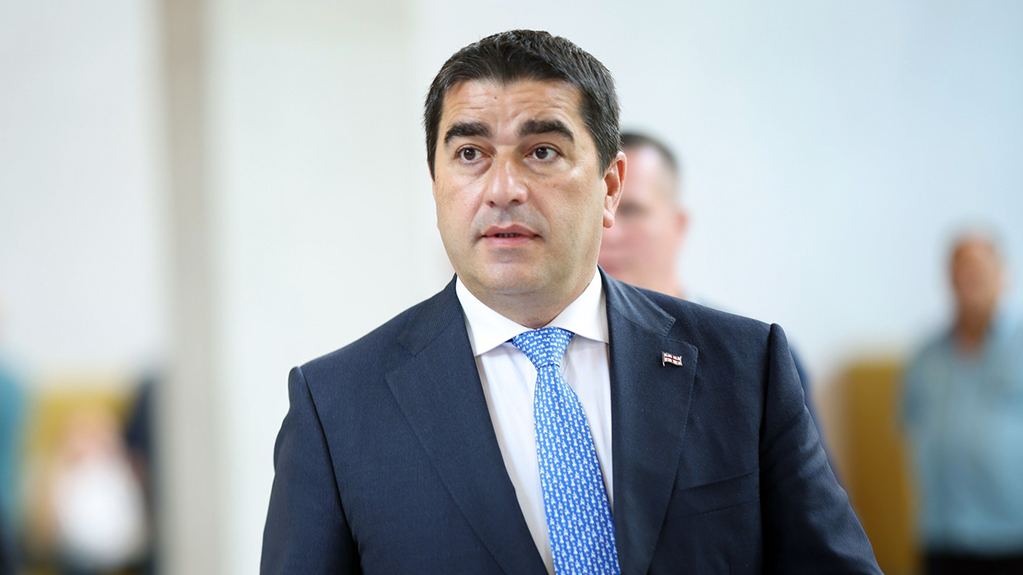The Georgiana Parliament Speaker, Shalva Papuashvili, signed the law On Family Values and the Protection of Minors, which imposes restrictions on the rights of LGBT individuals and introduces censorship.
News
Papuashvili criticized President Salome Zourabichvili for refusing to sign the homophobic law.
"It is symbolic that the nominal leader of the stateless and devalued opposition, who has become a likable president, refuses to sign the law that protects the most valuable things for a person: family and children. From this refusal, it is clear where Salome Zourabichvili stands and where the stateless oppositionists stand, who lacked the courage to openly express their opinion regarding this law and shamefully sneaked out from the hall during the voting," read the statement issued by Shalva Papuashvili.
As he says, he understands that signing the law will invite criticism from some foreign partners, but Georgians have never feared the evaluations of others, "when we were seeing that the currents of civilization were crossing the wrong bed."
"Tolerance was, is, and will be a distinctive feature of the Georgian people. However, we should also realize that tolerance means coexistence based on mutual respect, not living on each other's grievances and violating civil peace by neglecting other people's beliefs and values," notes Shalva Papuashvili in the statement.
The parliament chairman says that this law is one of those that enjoys the most significant public support.
"In the process of its adoption, we also had discussions with representatives of religious denominations, where both the Georgian Orthodox Church and other religious groups expressed their full support for the spirit of this law.
Therefore, for me, signing this law is the signature with the greatest legitimacy - a signature backed by the laity and the clergy," Papuashvili writes.
The parliament adopted the homophobic law on September 17 with the support of 84 members. No one voted against it, and the majority of opposition MPs did not attend the session.
The EU's High Representative for Foreign Affairs and Security, Josep Borrell, stated that this law would move the country further away from the EU path, as it would undermine fundamental human rights and increase discrimination and stigmatization.
The Embassy of the United Kingdom also urged the Georgian authorities to reconsider the law. The statement from the diplomatic mission noted that, alongside the Russian Law, it restricts the rights of both civil society and individual Georgian citizens, calling into question the long-standing relations between Britain and Georgia.
President Salome Zourabichvili did not sign the law, although she did not veto it either. As per the constitution, in such cases, the law is signed and published by the parliament chairman.















